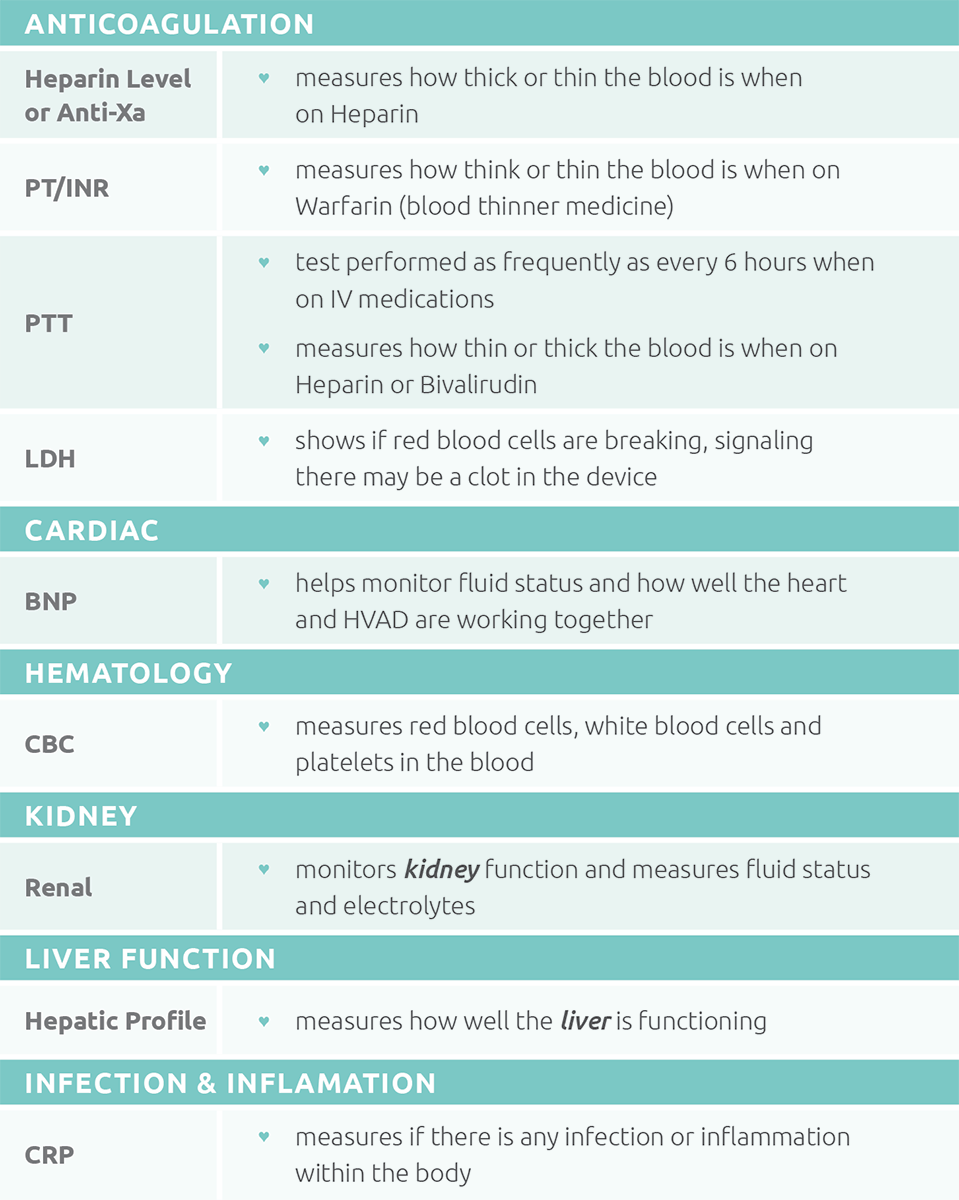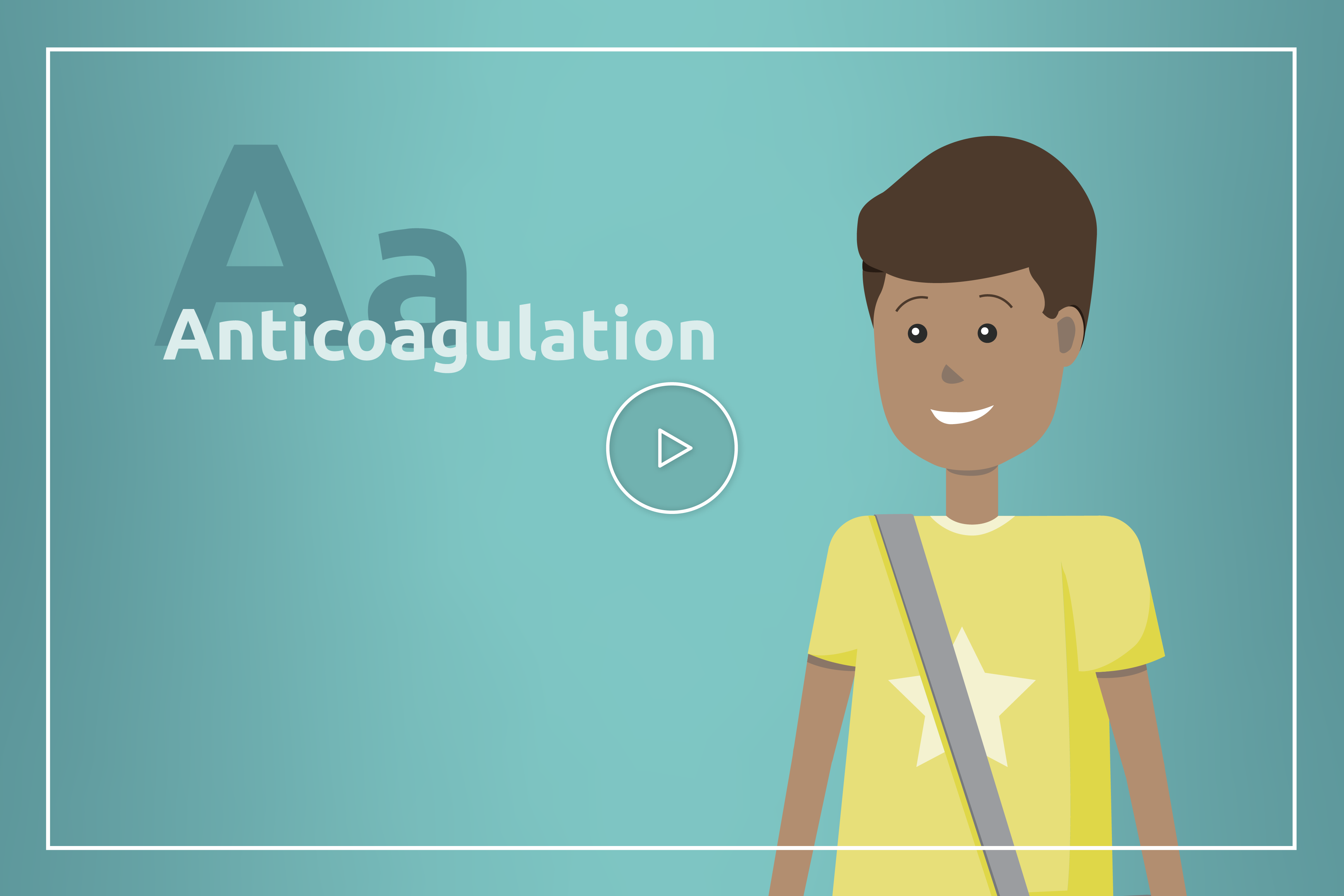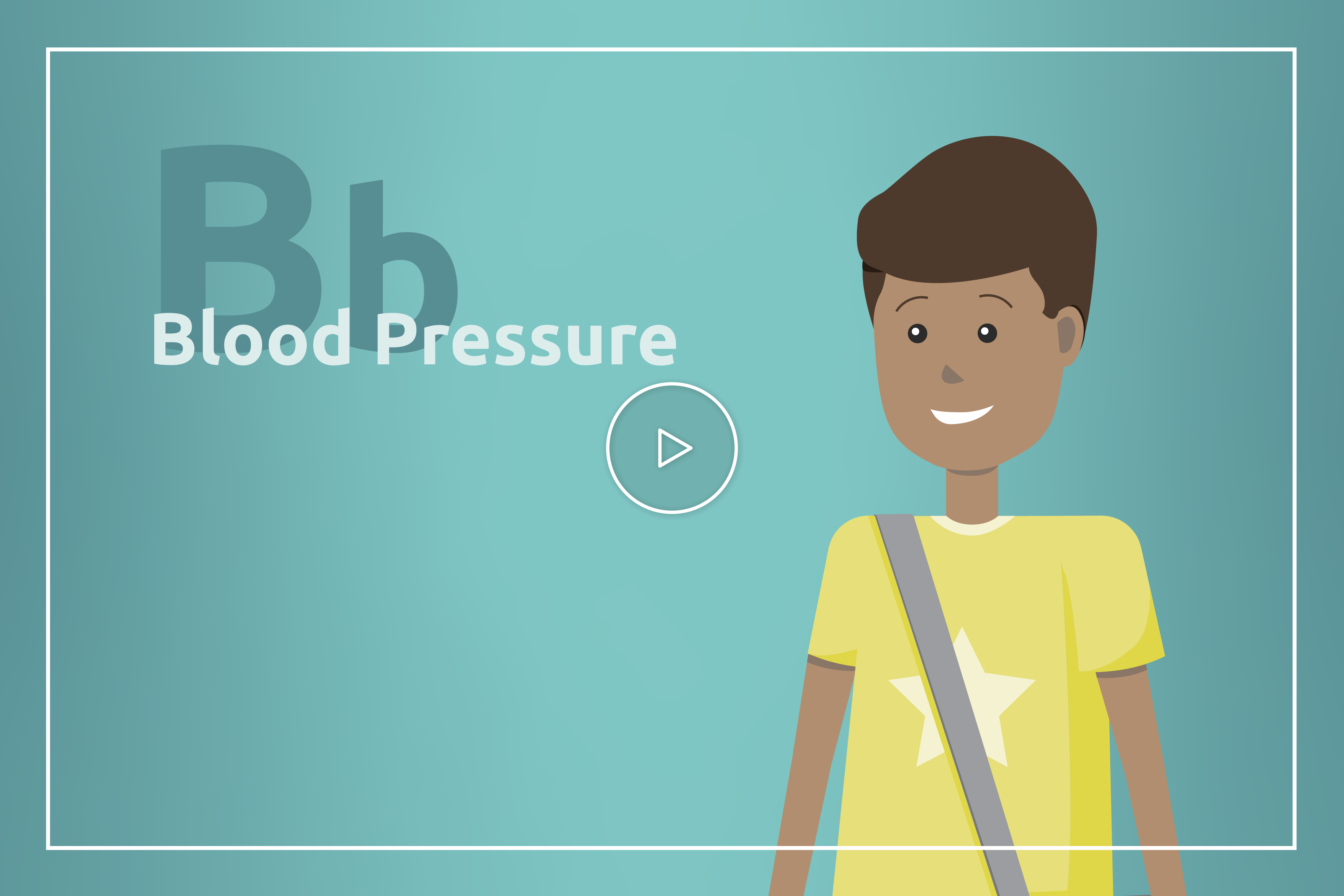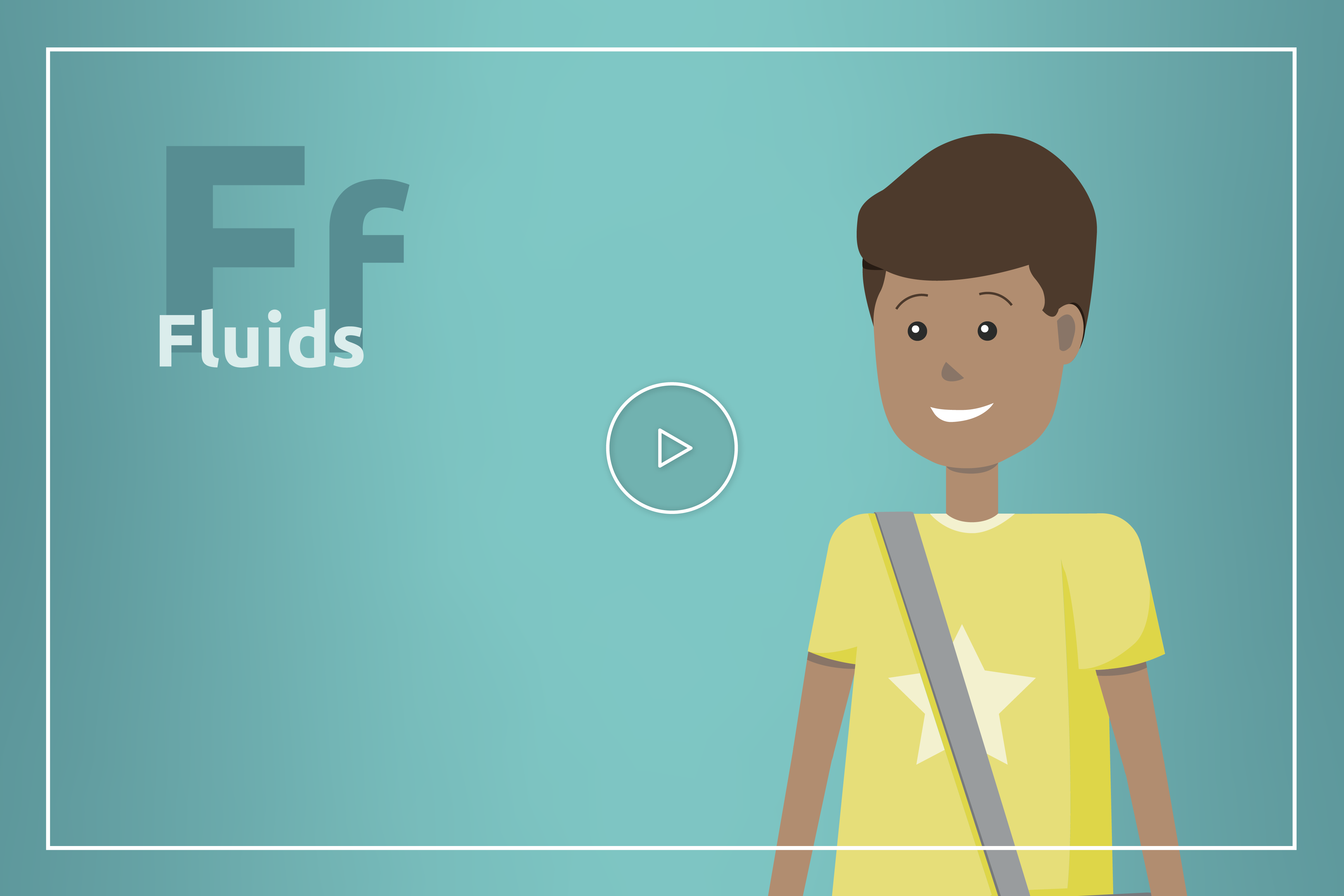Recovery Self Care
When you have a VAD there is a lot for you and your caregivers to learn.
What labs could you need?
You will have laboratory testing (labs or bloodwork), done at various scheduled times or whenever your care team feels they need to follow you closer. These labs tell your doctor how well your body is functioning with the new device.
Click on the image to view a list of possible requested labs.
What tests could you need?
Testing will become part of normal life. Testing will be done at scheduled times and whenever your team feels like you may need closer surveillance.
- IMPORTANT: Once you have a SynCardia (TAH-t), DO NOT have an MRI test. An MRI uses strong magnets that attract metal objects and would damage your TAH-t.
You may, however, have an exercise test on a stationary bike, treadmill, or 6-minute walk to determine how well you are doing with the TAH-t.
What medicines could you take?
In the hospital, medicine will be given through an IV. Your care team will change those medicines to be given by mouth as you recover. It’s important the medicines are taken at the same time every day. Use a pill box to keep your medicines organized. Inform your care team if you take any additional medicines NOT prescribed by them. Learn more about medicines in the interactive below.
You will take aspirin to prevent platelets from sticking together and forming a clot in your TAH-t.
Warfarin (Coumadin)
Once your care team determines the time is right, you will take warfarin pills by mouth. Warfarin is the most important medicine you will take, but it can be difficult to get your dose (the amount you take) correct. The dose needed will go up and down frequently depending on your INR and it can take a number of days to get it right. Once your dose is correct, your IV blood thinner medicine will be turned off. Warfarin is what makes your INR (blood levels for anticoagulation or how thick or thin your blood is) increase. Below are causes for:
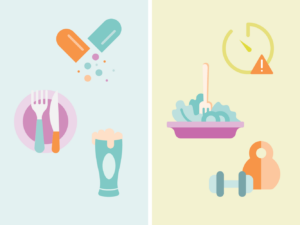
Causes for High INR (thin blood):
- New medicines
- Prolonged vomiting/diarrhea*
- Prolonged inability to eat*
- An increase in alcohol consumption
- A decreased intake of food or drink containing vitamin K
*Discuss with your care team
Causes for Low INR (thick blood):
- Missed doses of warfarin
- An increased intake of food or drink containing vitamin K
- Large increase in exercise
Learn more about warfarin (Coumadin) in the Exploring Medicine Treatment Options module and learn more about anticoagulation through the interactive below.
Blood Pressure Medicines
At times, on a TAH-t you may have high blood pressure and require medicines to keep the TAH-t pumping well and can decrease your risk of stroke.
Antibiotics
Antibiotics are given in the operating room and ICU to prevent infection. They are also given if your cannulae get infected. You may need antibiotics indefinitely to prevent infection. Antibiotics can make your INR high or low. Immediately notify your care team if you start taking an antibiotic.
Stomach Ulcers & Acid Reflux Medicines
Medicines to prevent “heartburn” are used to decrease the acid in the stomach. This may help with decreasing any stomach discomfort you may have.
Diuretics (medicines to remove extra body water)
Diuretics were important when you were in heart failure. When you are on a TAH-t you should need less, but you still may need a small amount to get the fluids in your body just right.
What should you know about your blood pressure?
Keeping your blood pressure in a healthy range is very important. Your care team will determine a target blood pressure goal and adjust medicines to meet it. Blood pressure can be monitored using a blood pressure cuff. Learn more in the interactive below about how your care team will help you stay at a healthy blood pressure.
Why is it important to care for your cannula site?
Caring for your cannulae will help you avoid getting an infection.
What should you be eating and drinking?
Once you have your VAD, you must stay on a stable diet. Eating a consistent healthy diet will help you heal and get stronger.
Fluid balance is very important to maintain TAH-t flow. If there is too much fluid inside the heart and body (for example, if you’re drinking much more than usual), the TAH-t may not be able to handle the extra fluid. Learn more about why it’s important to balance how much fluid you are drinking:
How are you feeling?
For some patients, having a TAH-t and needing lots of medical care can be hard. Many patients that have TAH-t surgery notice an improvement in symptoms while they are in the hospital, but it can take months for you to get stronger and recover. As you recover, you or your caregiver may feel sad, worried, or even angry at times. This is normal. Be honest about how you’re feeling and talk with your care team if you have these feelings or any changes in behavior. Taking care of your emotional and mental health is a very important part of your care. Your care team will be able to connect you with the right support services.
